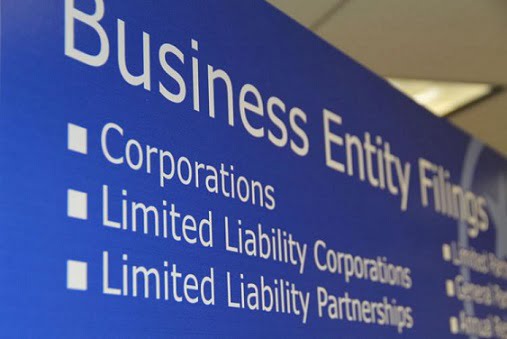Are You Currently Without Limited Liability Protection? It May Be Time to Consider Incorporation.
Different Types of Businesses – Suppose you are giving basketball lessons in your driveway for $5 an hour. You don’t file paperwork with the state and don’t share business with anyone else. If a student breaks his leg while attending a lesson, your personal assets are not protected if the student were to take legal action. The same goes for a general partnership. If you and your best friend jointly operate a corner candy store without signing any agreement between you and without filing any documents with the state, your business would be considered a general partnership.
If you default on loans for the business, you would be personally responsible for paying the debts. Whether you are set up as a sole proprietorship or a general partnership, you are personally and fully liable for all business debts. Thus, personal property could be taken to pay those debts. So what can you do to protect yourself financially? We’ll cover the different types of businesses and help you decide, which is right for you.
Limited Liability Protection – Types of Businesses
Brief descriptions of ways to incorporate your business are featured below. These descriptions also include limited liability protection parameters essential to protecting your personal assets.
C Corporations and S Corporations.
Both C corporations and S corporations are legal entities that exist separately from their owners. They are sometimes called for-profit or business corporations. A C corporation is simply a standard business corporation. It is called a C corporation because it is taxed under subsection “C” of the IRS code. An S corporation is a C corporation that has made an optional election to be taxed under subsection “S” of the IRS code. Corporations offer business owners (called shareholders or stockholders) limited liability protection. This means that the owners are not held personally liable for the debts and obligations of the company unless they are proven to be personally negligent. The liability of the owners is typically limited to the amount of money they have invested in the corporation. To find out more about S Corp vs C Corp.
Limited Liability Company.
Commonly referred to as “LLCs,” limited liability companies are for-profit legal entities that exist separately from their owners. The first LLC was introduced in 1977 so it is a newer entity, blending key features of a corporation with key features of a sole proprietorship or general partnership. LLCs offer limited liability protection to the owners and pass-through taxation. Read more about Corporation vs LLC
Professional Corporations and LLCs.
A special type of corporation or LLC is reserved for those companies that will engage in a learned profession such as law, medicine, architecture, engineering, etc. They are usually referred to as a Professional Corporation (PC), Professional Association (PA) or Professional Limited Liability Company (PLLC). In many states, only one profession can be offered in a professional entity. The liability is the same as standard corporations and LLCs.
Limited Partnership.
A limited partnership (LP) is a partnership owned by two classes of partners: general partners and limited partners. General partners manage the enterprise and are personally liable for its debts. Limited partners contribute capital and share in the profits but typically do not participate in the management of the enterprise. Another noteworthy distinction between the two classes of partners is that limited partners sustain no personal liability for partnership debts beyond their capital contributions. In an LP, at least one partner must be a general partner with unlimited liability, and at least one partner must be a limited partner whose liability is limited to the amount of his or her investment. Limited partners enjoy liability protection much like the shareholders of a corporation or the members of an LLC.
Limited Liability Partnership.
A limited liability partnership is an existing general partnership or limited partnership that elects to have all partners receive limited liability for business debts. It is commonly referred to as an “LLP.” All partners receive limited liability protection. In many states, this liability protection is less than what LLCs or corporations receive.
Non-profit Corporation.
A non-profit corporation is one that is organized for a charitable, civil, religious, social, etc. purpose. It is organized for the “greater good” and not for the purpose of making a profit. These corporations are also referenced as “not-for-profit corporations.” As far as liability is concerned, non-profit corporations offer limited liability protection.
You may also want to seek the legal advice of your attorney in making your determining which different types of companies (business entities) is right for you.

Pingback: How do Corporations Work? The Basics Regular People Need to Know - Our Debt Free Lives